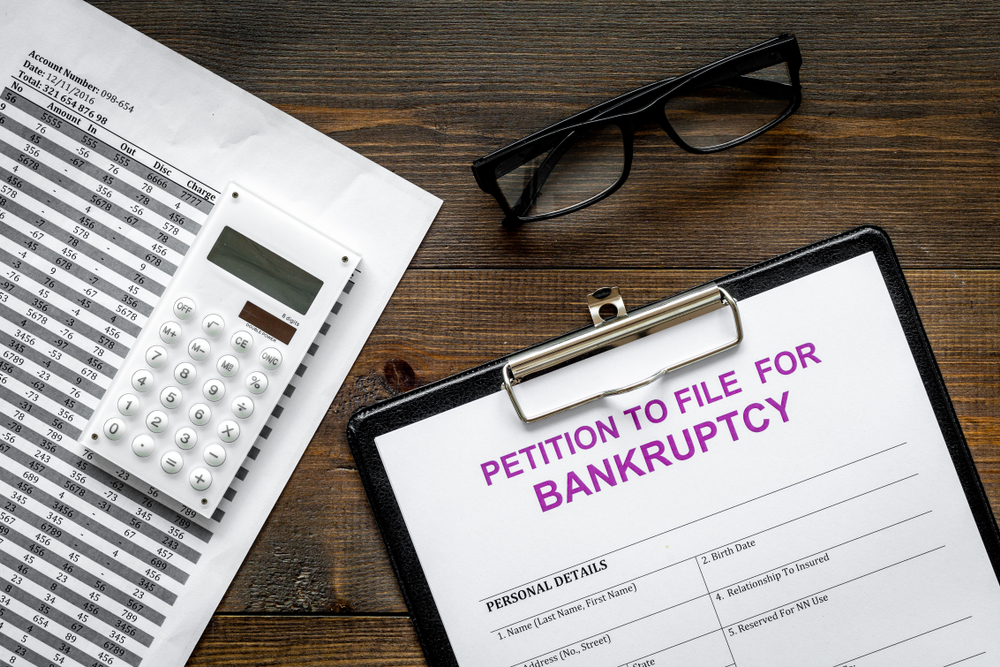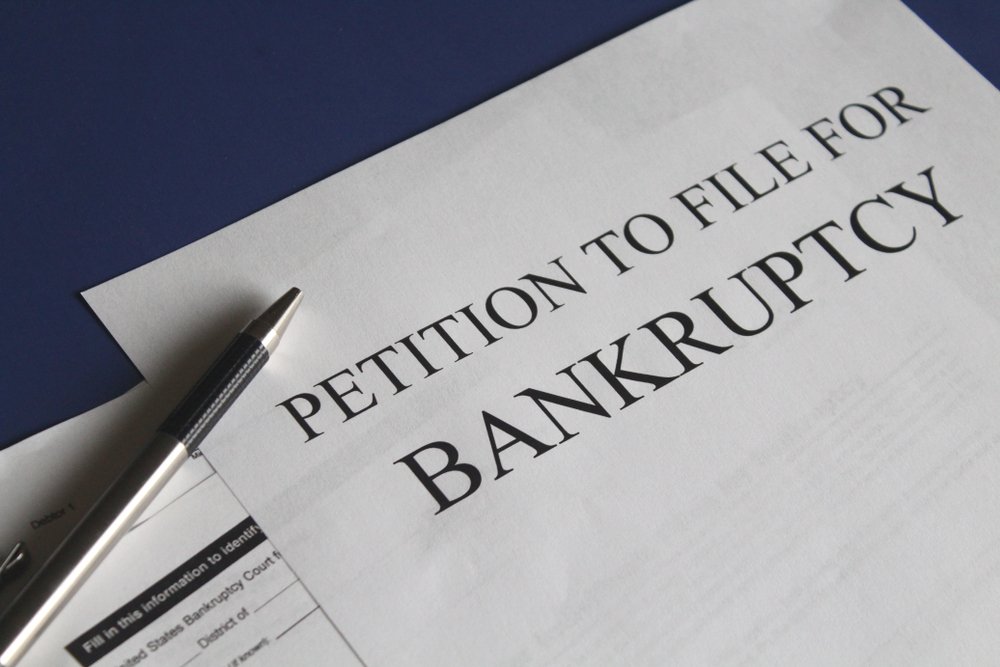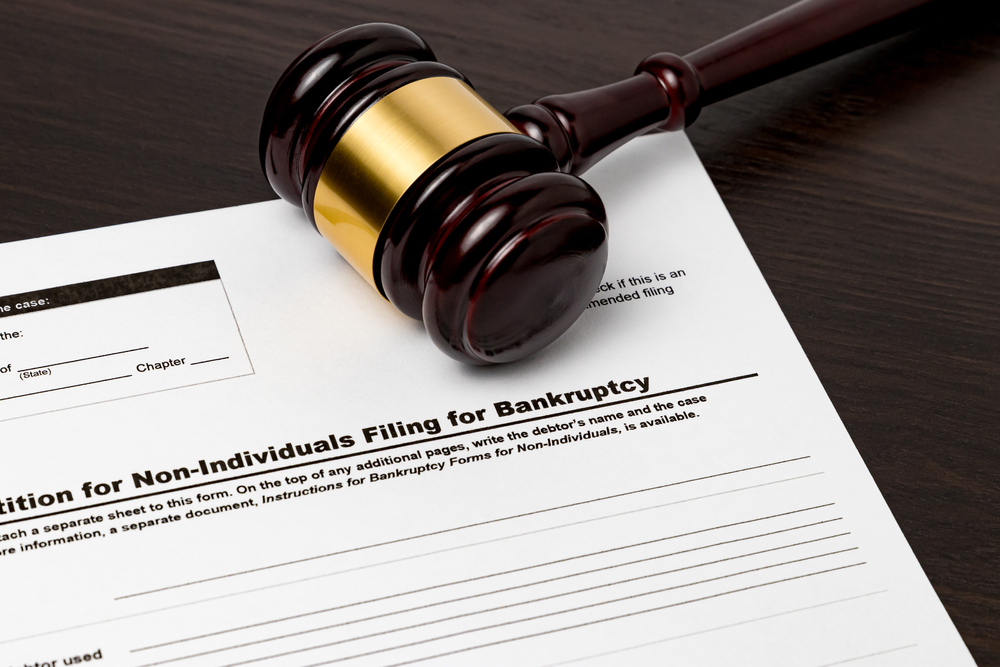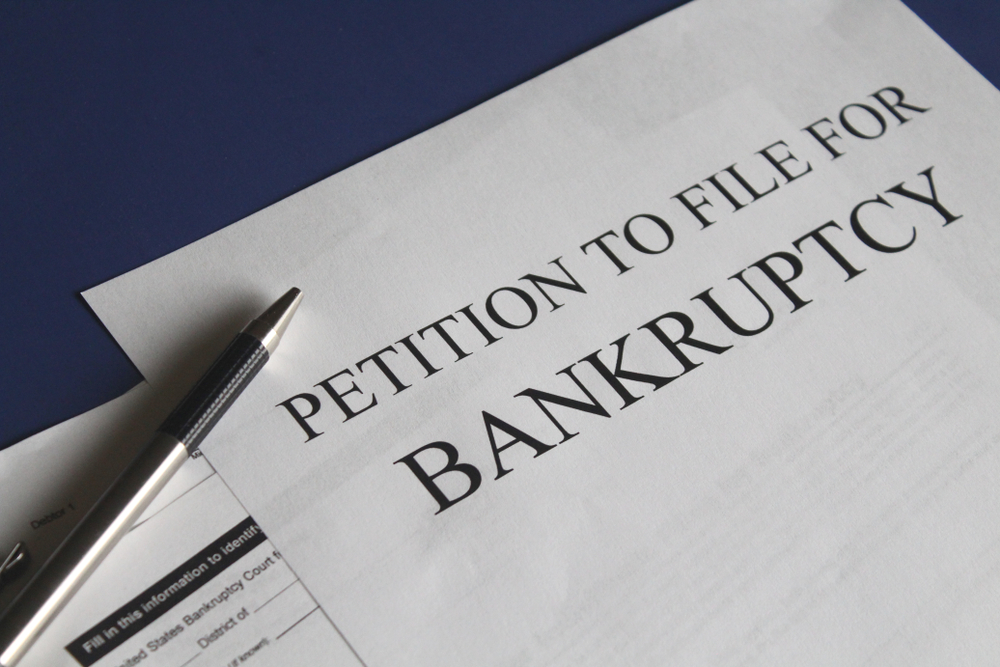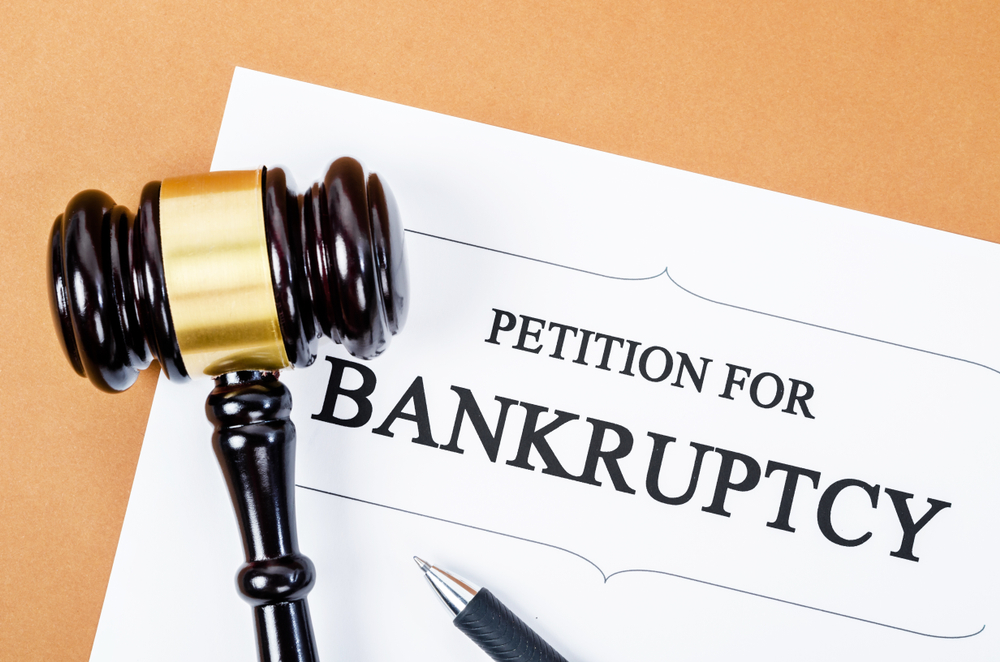Carrying on from our discussion putting past bankruptcy policies in context, we arrive at the 20th century and the development of our modern bankruptcy regime. The Bankruptcy Act of 1898 was never repealed, lasting until the enactment of the Bankruptcy Act of 1938. The Chandler Act, as it became known, was not revolutionary. It simply increased access to debtors and made voluntary bankruptcy more attractive for debtors. Technically, the Chandler Act merely amended the previous policy, so an incremental change to bankruptcy policy is not surprising. It is worth noting that modern case law occasionally looks back to these 20th century policies for precedential decisions.

The history of bankruptcy in America: The Chandler Act
Carrying on from our discussion putting past bankruptcy policies in context, we arrive at the 20th...



